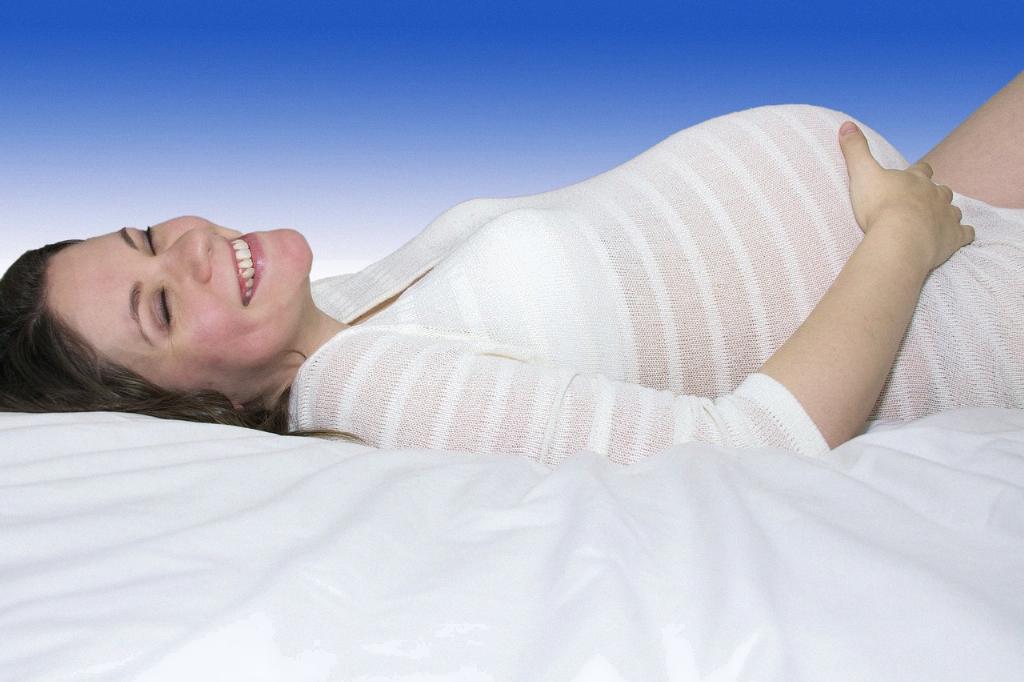During pregnancy, many expectant mothers experience puffiness in various parts of their bodies due to hormonal changes and increased fluid retention. This swelling, known as edema, commonly affects the hands, arms, feet, ankles, and legs.
Postpartum Water Retention
After giving birth, the body’s hormone levels shift, and progesterone increases, leading to continued water retention. This can prolong the presence of edema in the body even after delivery.
Duration of Edema After Birth
Typically, postpartum edema should subside within a week of giving birth. However, if the swelling persists beyond this timeframe or worsens over time, it is essential to seek medical advice from your healthcare provider.
Factors Influencing Postpartum Edema
Several factors can impact the duration and severity of postpartum edema. These include the mother’s overall health, the presence of any underlying medical conditions, the type of delivery (vaginal or cesarean), and the amount of weight gained during pregnancy.
Treatment Options for Postpartum Edema
Managing postpartum edema may involve elevation of the affected limbs, gentle massage, staying hydrated, wearing compression garments, and engaging in light physical activity. These measures can help alleviate swelling and promote fluid drainage.
When to Seek Medical Advice
If postpartum edema does not improve within a week after delivery, or if it worsens accompanied by pain, redness, or warmth in the swollen areas, consulting a healthcare professional is crucial to rule out any underlying issues.
Preventing Postpartum Edema
While some degree of puffiness is common after childbirth, taking preventive measures during pregnancy can help reduce the severity of postpartum edema. Staying active, eating a balanced diet, and avoiding excessive sodium intake can contribute to minimizing fluid retention.
Understanding Postpartum Body Changes
Postpartum swelling is just one of the many changes that the body undergoes after pregnancy. It is essential for new mothers to be patient with their bodies and allow time for recovery and adjustment to the postpartum period.
Embracing Self-Care After Childbirth
Self-care practices, such as adequate rest, healthy nutrition, and emotional support, play a significant role in the postpartum healing process. Prioritizing self-care can assist in managing postpartum symptoms and promoting overall well-being.
Postpartum Follow-Up Care
After giving birth, attending postpartum check-ups with healthcare providers is essential to monitor recovery progress and address any concerns, including persistent edema. Open communication with medical professionals can ensure optimal postpartum care.
Conclusion
Postpartum edema, characterized by puffiness and swelling in various body parts, typically resolves within a week after delivery. However, if the swelling persists or worsens, seeking medical advice is advisable to rule out any underlying complications and ensure proper management of postpartum symptoms.

